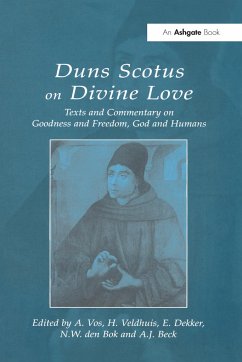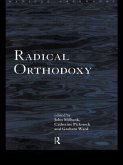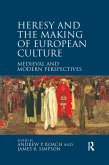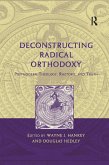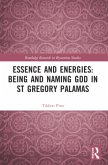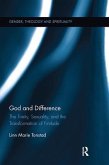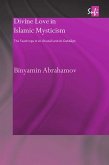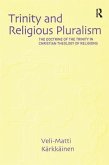The medieval philosopher and theologian John Duns Scotus (1266-1308) was one of the great thinkers of Western intellectual culture, exerting a considerable influence over many centuries. He had a genius for original and subtle philosophical analysis, with the motive behind his philosophical method being his faith. His texts are famous not only for their complexity, but also for their brilliance, their systematic precision, and the profound faith revealed. The texts presented in this new commentary show that Scotus' thought is not moved by a love for the abstract or technical, but that a high level of abstraction and technicality was needed for his precise conceptual analysis of Christian faith. Presenting a selection of nine fundamental theological texts of Duns Scotus, some translated into English for the first time, this book provides detailed commentary on each text to reveal Scotus' conception of divine goodness and the nature of the human response to that goodness. Following an introduction which includes an overview of Scotus' life and works, the editors highlight Scotus' theological insights, many of which are explored here for the first time, and shed new light on topics which were, and still are, hotly discussed. Scotus is seen to be the first theologian in the history of Christian thought who succeeds in developing a consistent conceptual framework for the conviction that both God and human beings are essentially free. Offering unique insights into Scotus' theological writings and faith, and a particular contribution to contemporary debate on Scotus' ethics, this book contributes to a clearer understanding of the whole of Scotus' thought.
'This book presents a valuable and coherent selection of texts designed to demonstrate Scotus's conception of divine goodness and the nature of the human response to that goodness. The selection of texts and commentary does not merely repeat familiar ground - it opens up new vistas for research, and makes a distinctive contribution to various debates, particularly on Scotus's ethics.' Richard Cross, Oriel College, Oxford.

